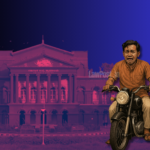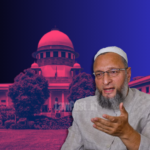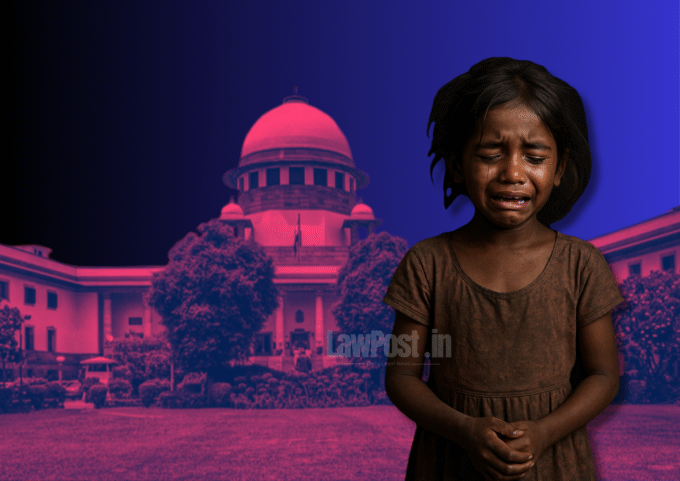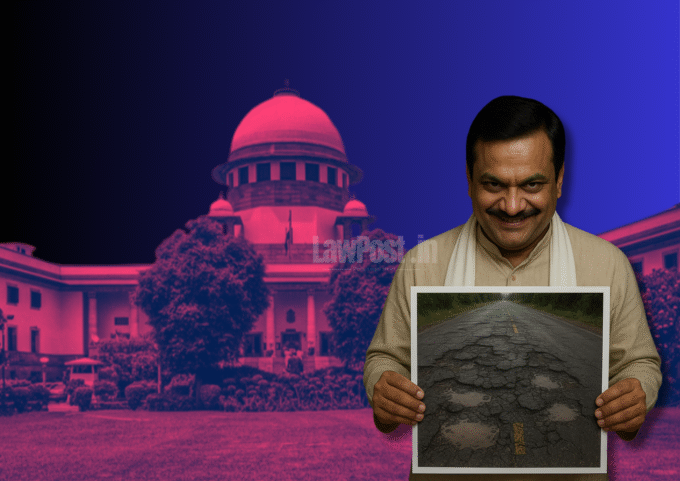In a significant ruling, the Supreme Court on Friday refused to entertain a public interest litigation (PIL) seeking a complete ban on social media access for children below the age of 13. The Court observed that such decisions fall under the purview of the executive and are best left to the government’s policy-making discretion.
The PIL, filed by the Zep Foundation—a not-for-profit organisation—highlighted the rising mental health concerns among children due to unrestricted access to social media platforms. The plea, filed through Advocate Mohini Priya, cited studies linking early social media exposure to depression, anxiety, self-harm, and suicidal tendencies in minors.
A Bench comprising Justices BR Gavai and AG Masih declined to pass any directions, stating, “This is a matter of policy. It is for the government to take a call.” However, the Court granted the petitioner liberty to make a representation before the Central government.
The petitioner argued that unchecked digital exposure violated children’s fundamental rights under Article 21 of the Constitution, which includes the right to life, health, and dignity.
Citing a study by Social Media Matters, the plea noted that a large percentage of young users spend over five hours daily on social media, engaging with content designed to induce addiction-like behavior. It described the platforms as an “unmonitored psychological battleground” for minors.
In addition to the proposed ban, the petitioner sought several protective measures, including:
- Mandatory parental controls for users aged 13–18
- Real-time monitoring and strict age verification tools
- Biometric-based age checks
- Heavy penalties for platforms that fail to comply with child protection norms
- A nationwide digital literacy campaign for parents, teachers, and students
Despite acknowledging the seriousness of the issues raised, the Court reiterated its reluctance to step into the domain of policymaking.
The matter now rests with the Central government, which may consider the petitioner’s representation on the concerns raised.
Case: Zep Foundation vs Union of India – Available on LAWFYI.IO








